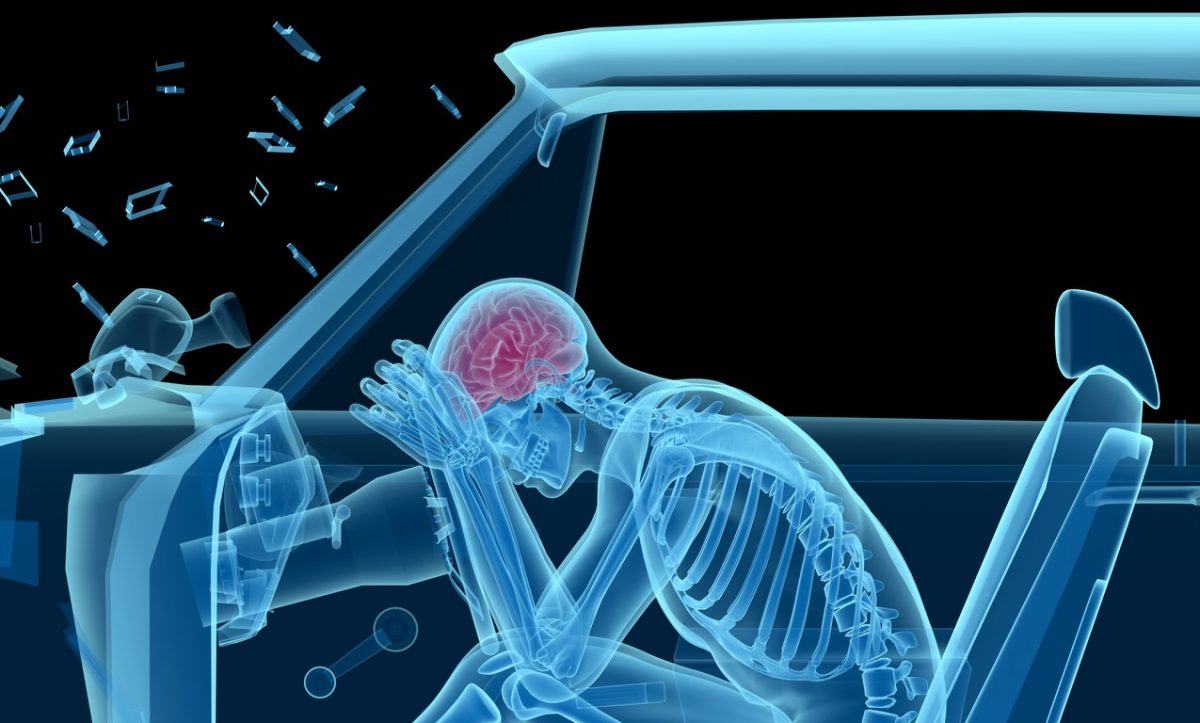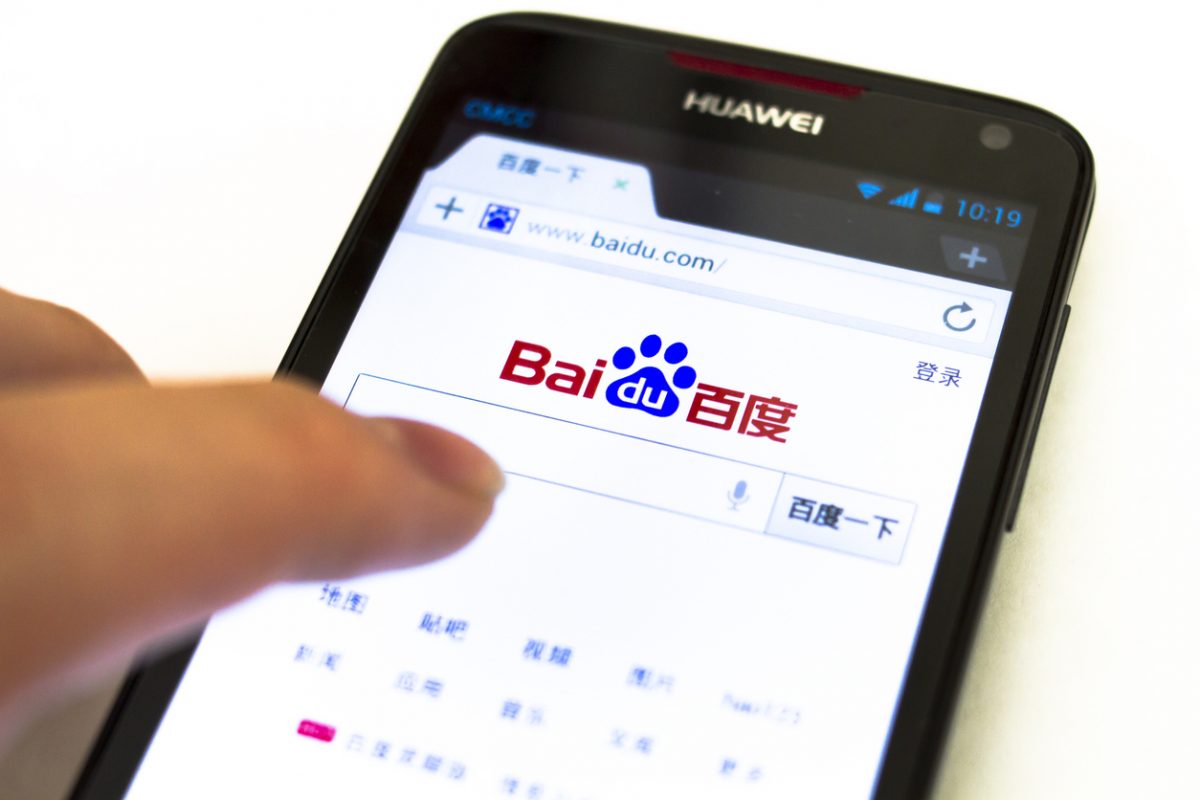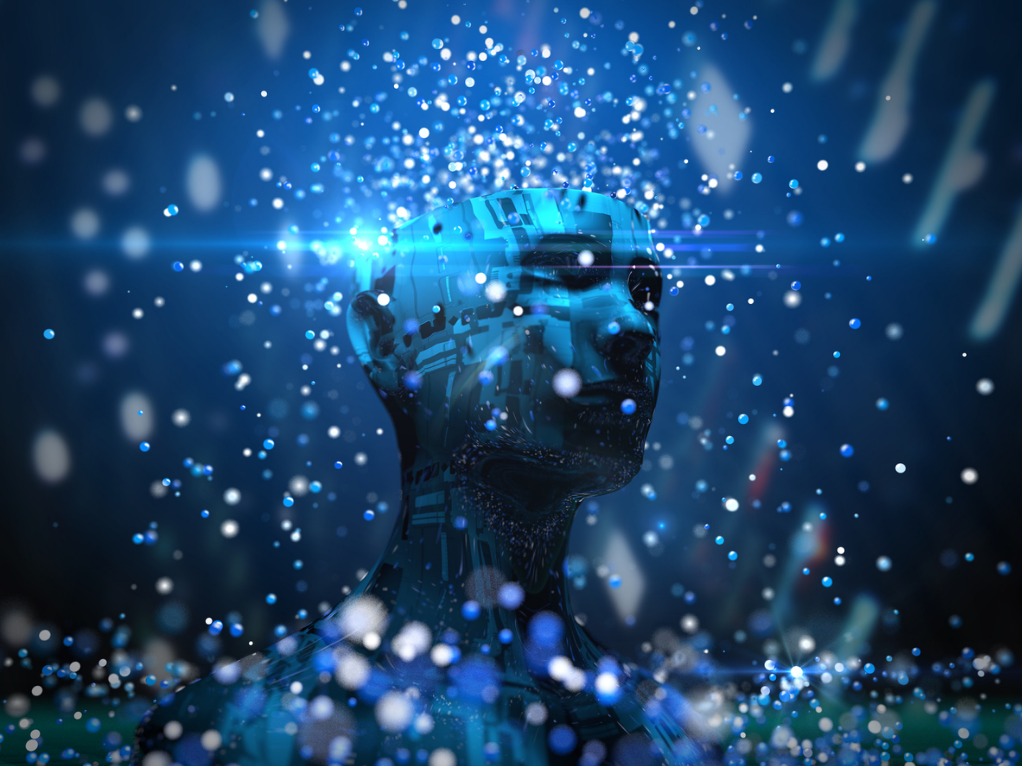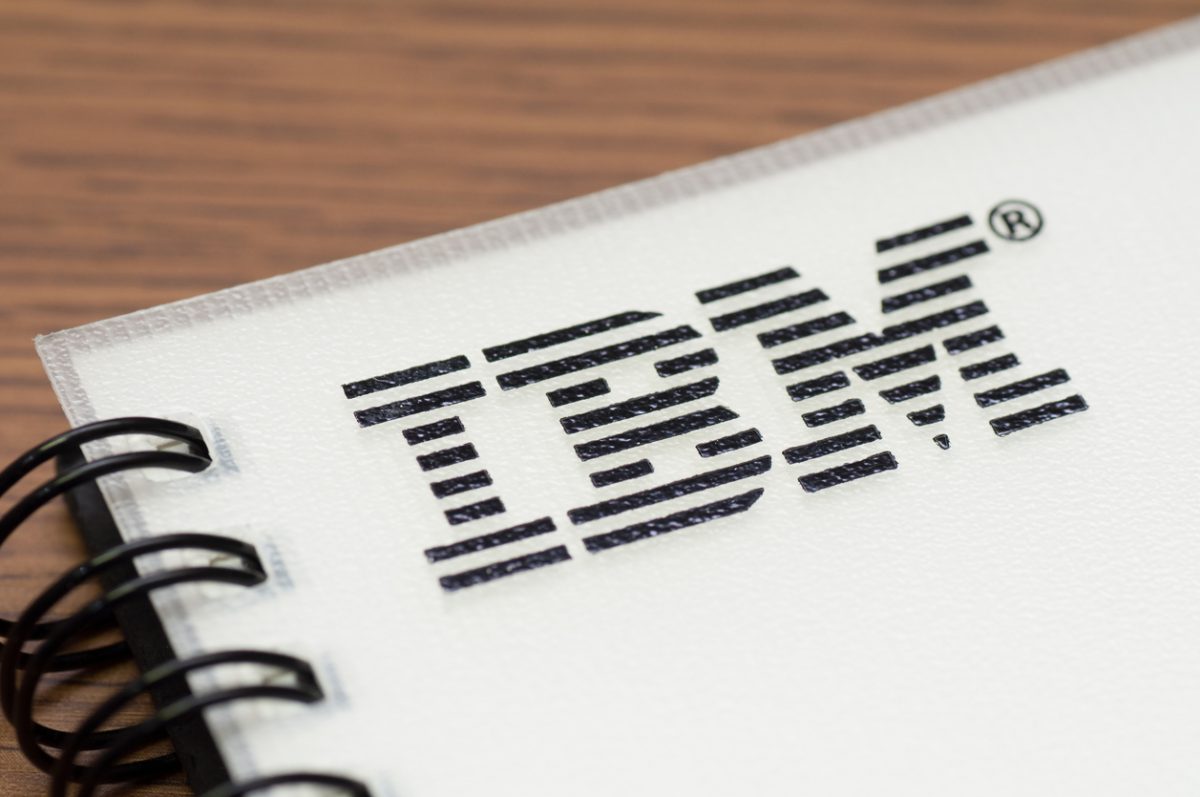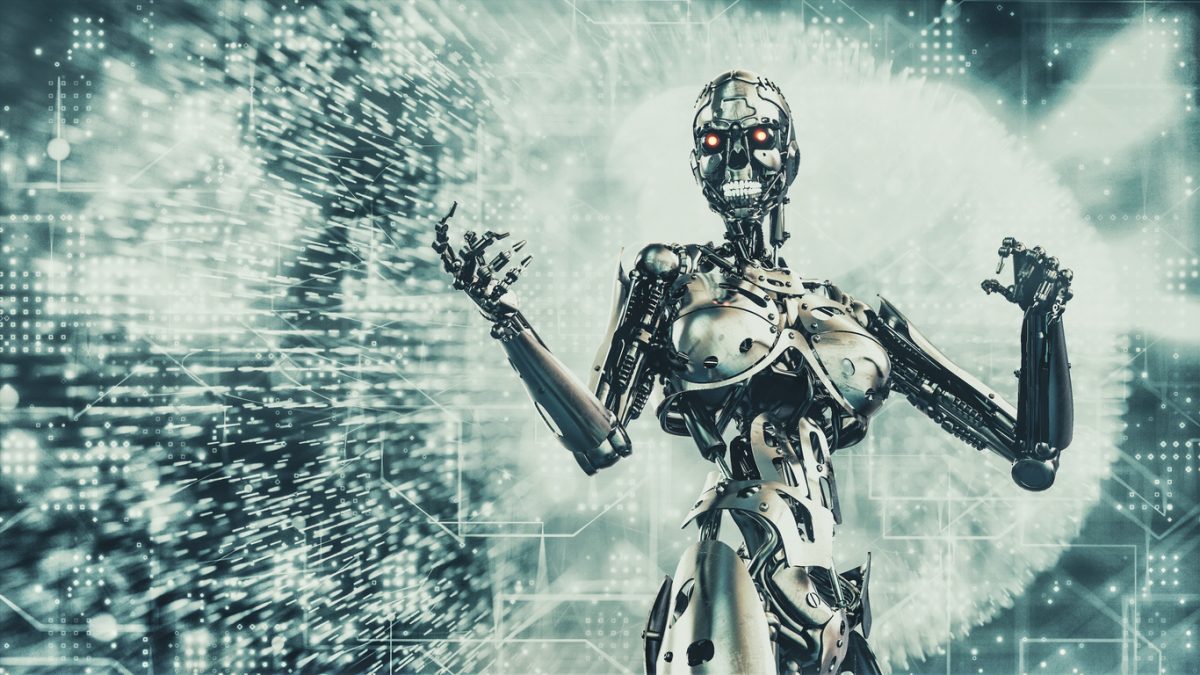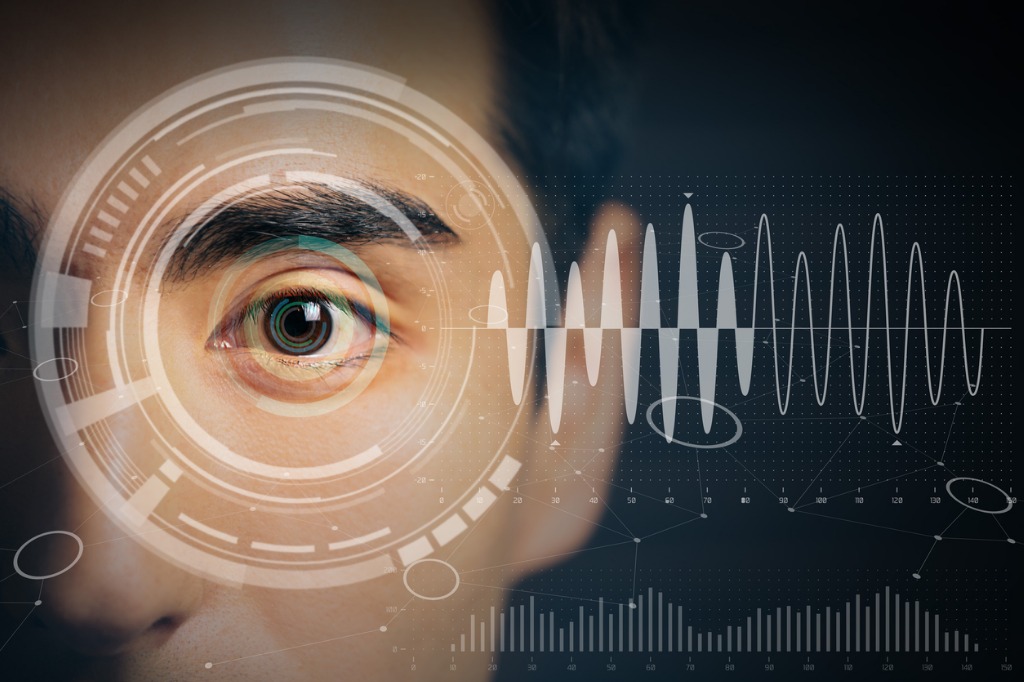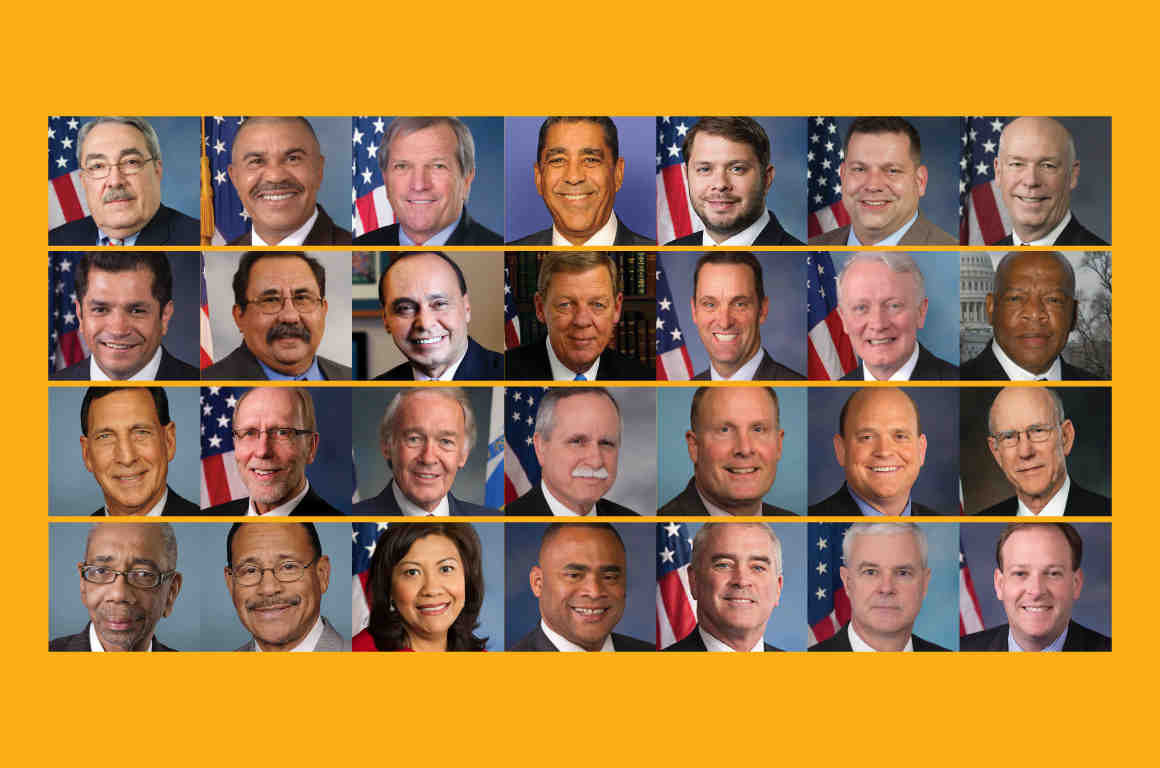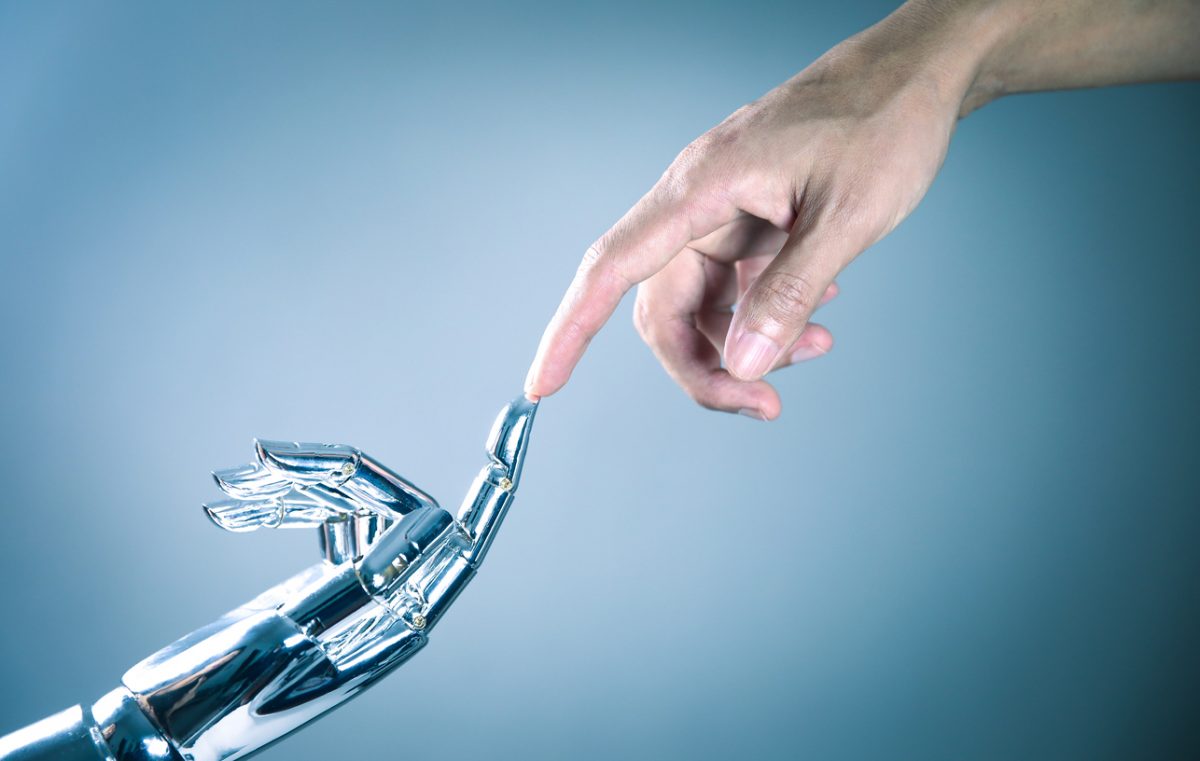Researchers get public to decide who to save in a driverless car crash
Researchers have conducted an experiment intending to solve the ethical conundrum of who to save if a fatal driverless car crash is unavoidable. A driverless car AI will need to be programmed with decisions such as who to prioritise if it came down to choices such as between swerving and hitting a child on the left, or an elderly person on the right. It may seem a fairly simple choice for some – children have their whole life in front of them, the elderly have fewer years ahead. However,...

